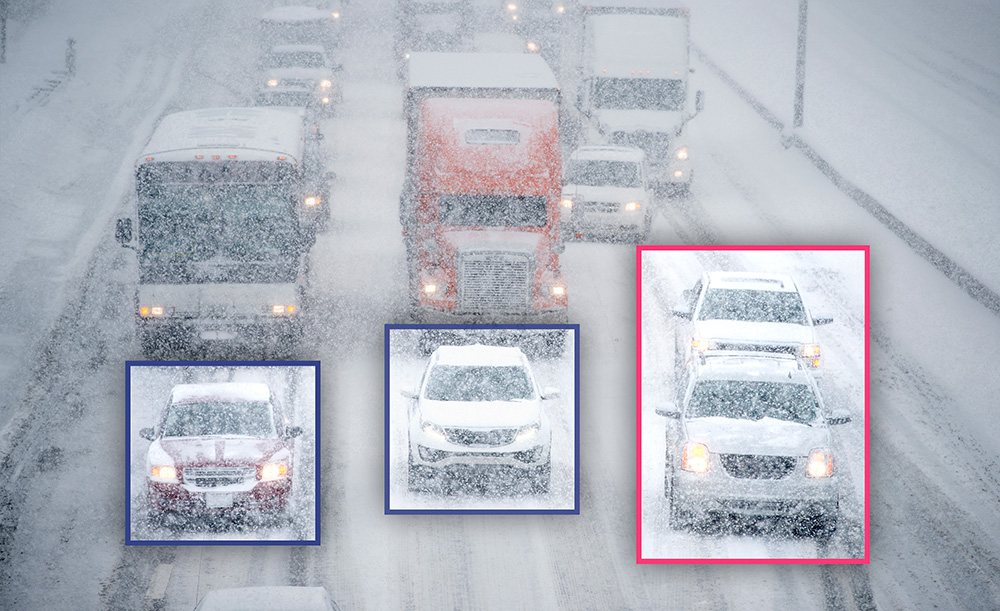
Citilog will showcase how its Automatic Incident Detection (AID) tackles these challenges, emerging as a valuable tool. AID is an AI-powered system that utilises deep learning algorithms trained on a massive dataset of real-world incidents, including those with adverse weather conditions.
Citilog says that other AI incident detection systems lack this important distinction, their performance degrading in poor weather just when they are needed most. Without a way to filter out rain and snow, real incidents are missed, and false alarms can overwhelm operators.
With deep learning, the AID algorithm is trained to recognise weather and discard these non-incidents, reducing false positives by a factor of 10. This allows the system to detect real incidents quickly and accurately, such as crashes and road hazards as they happen, even when visibility is impaired.
AID provides traffic operators with real-time information about incidents through alerts and visual displays. This helps them understand the severity of the situation quickly and make informed decisions about deploying resources and managing traffic flow.
These accurate and timely incident alerts reduce the workload on operators and enable them to focus on genuine problems requiring attention, ensuring effective utilisation of resources. Most importantly, early detection of incidents translates to faster response times for emergency services, reducing secondary accidents and potentially saving lives.
Stand 05.134




















